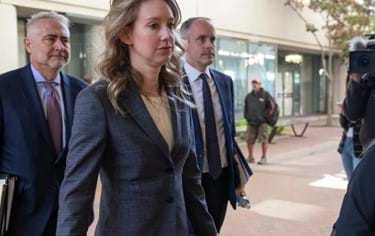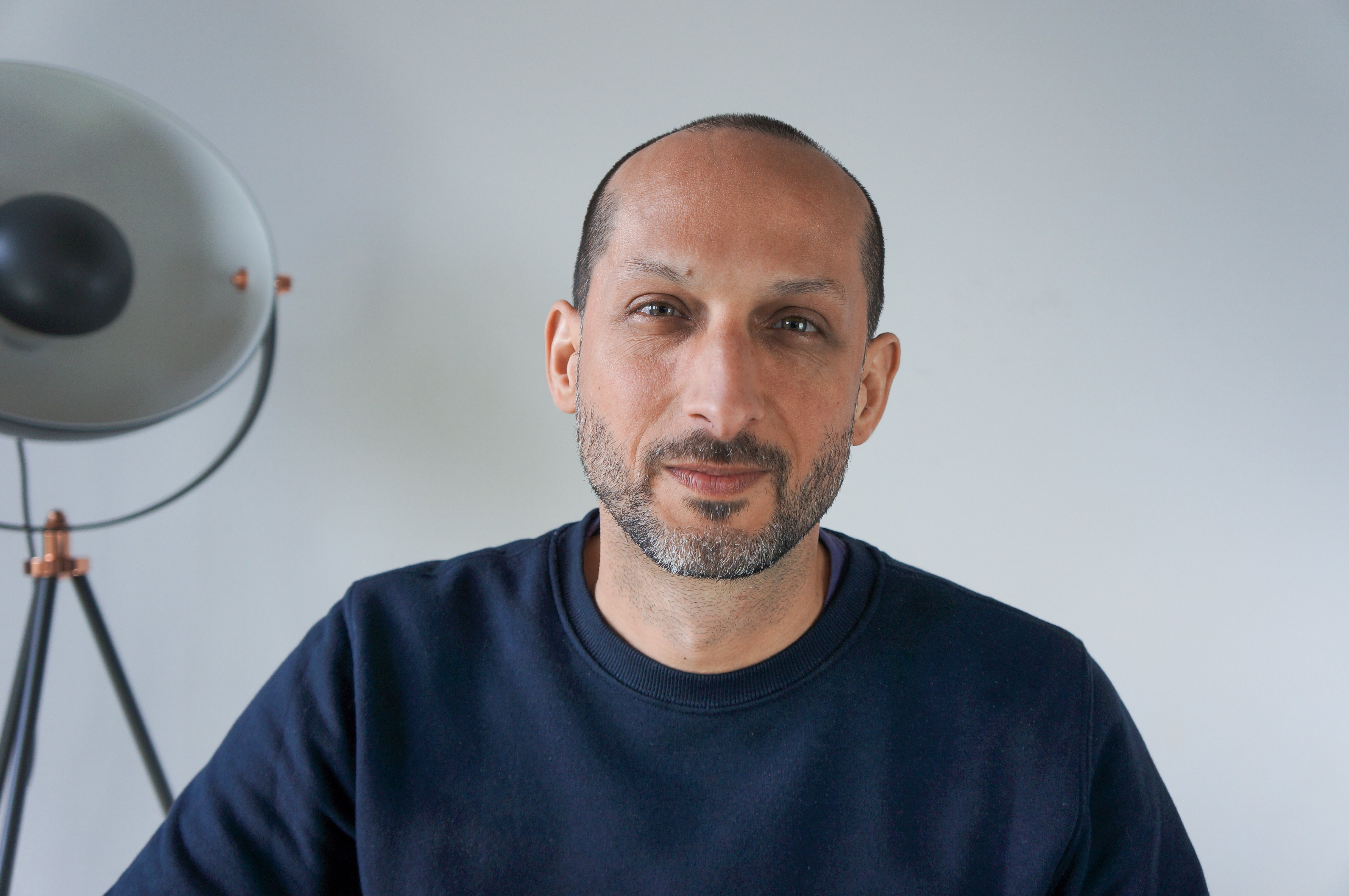It’s been a wild and unnerving couple of weeks for the tech industry. First, Elon Musk took over Twitter, fired thousands of employees, including most of the top tier of management, and launched a new paid-for verification service that didn’t actually verify anybody - releasing mayhem and a mass migration away from the platform to competitors like Mastodon.
Next, Sam Bankman-Fried’s currency exchange, FTX - the second-largest cryptocurrency exchange in the world - dissolved almost overnight. Thousands of customers lost their life savings, and Bankman-Fried dropped from being the 28th richest person in the world (one place down from Zuckerberg with a $38B fortune) to pretty much penniless within a few days.
Bankman-Fried had secretly transferred $10B of his customer's money to his sister hedge fund firm Alameda to prop up its huge losses following the fall of the stock exchange over the last year. He’d built a custom software system to perform the transfer via a back door that avoided being seen by investors and auditors. $2B is still unaccounted for, and none of the money is likely to be seen again by the many who used FTX as a trusted place to hold their cryptocurrency. Tip - Hold your crypto in cold wallets, people, not in the exchanges!
Yesterday, Elizabeth Holmes, founder of Theranos, the fraudulent health tech company, was jailed for 11 years for conning hundreds of millions of dollars from investors like Henry Kissinger and former defence secretary James Mattis. Holmes had claimed that her technology could detect multiple illnesses from a single drop of blood. She formed a partnership with Walmart and rolled out the project to thousands of people, faking the results by outsourcing to labs and delivering false positives for HIV and Cancer to hundreds of unwitting victims of the worse case of “fake it till you make it” we’ve seen in recent years.
Closer to home, it was discovered that the government had been planning to hand the curation and promotion of British startups - a role previously managed by a grassroots quango of UK startups called TechNation - to Barclays bank. The move would create huge conflicts of interest and remove the voice of the startups that the role was created to support.
The startup industry responded by writing an open letter, signed by over 300 startup founders and industry key players - including myself - to the government, demanding that they meet three key objectives to realign its support of the tech community in the UK.
It would be easy for people to look at these events and dismiss health tech or cryptocurrency - or the tech industry in general - as being unstable, corrupt, or broken in some way. It would be understandable to do so.
What I feel that this calls for is a step up in regulation, driven by people in the industry that understand tech and are motivated by a drive to use technology for good, for growth, and positive impact in the world.
We need to strike a fine balance between regulation and freedom to innovate, however - and that’s not such an easy thing, but I believe it’s both possible and essential. We need support from the government, and we need regulation from unbiased groups that don’t try to temper innovation to protect incumbent powers but provide a stable framework from which innovation can safely grow and become part of our lives.
It’s no longer the era of ‘move fast and break things’ - even Facebook changed that misguided and cavalier motto to ‘Move fast with stable infrastructure.
This all hangs on our ability as a community to champion people who have the good of the whole at their heart. I believe those people are capable and willing to do the right thing. It’s time for all of us to step up and speak out and to make sure that we do the right thing in our daily business lives, too, as we’re the pieces that make up the whole.
As my friend Louis Weinstock rightly pointed out, so much of our culture is based on 'growth at all costs', with VCs fuelling that fire, often with little regard for the consequences. This needs to change; we need to find balance.
I remain optimistic about the future and look forward to seeing what lessons we learn from the last year and how those lessons are implemented. It’ll be a bumpy ride, no doubt, but it’ll be worthwhile in the long run.



